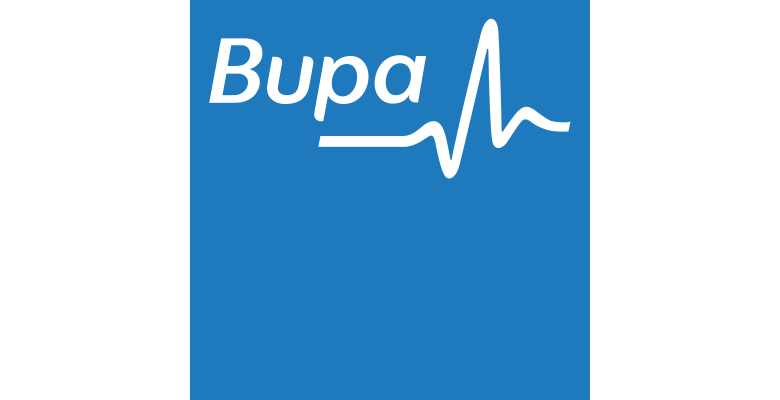Welcome
As part of our ongoing exploration of the issues which will impact businesses beyond COVID-19, the next edition of our Workplace Health Insights series unpacks some of the complex challenges around equity, diversity and inclusion (EDI).
New Bupa research shows that one in four executives believes clear strategies around diversity and inclusion are crucial for employee wellbeing, and 28% believe greater diversity and inclusion are good for business.¹
Effective EDI strategies build happier teams and ensure managers are equipped to support colleagues who may be struggling with major life events. They also protect against legal liabilities.
Our featured articles provide key insights on what this means in the workplace.
Re-watch the latest LIVE event
In many cases, healthcare has been designed around a one-size-fits-all approach. In this session, we discuss how organisations and their healthcare partners can deliver against the diverse needs of their workforces.
We explore the different health needs of men, women and transgender employees asking how businesses can create inclusive health and wellbeing programmes that support everybody.
Re-watch the latest LIVE event now >>
“It’s about putting humans at the heart of everything you do, and everything you do being grounded in respect and fairness.”
Catherine Goddard, founder of Compelling Culture, sets out a five-step plan to achieve effective EDI and offers advice on how to initiate conversations that could change lives.
Menopausal women are the fastest growing demographic in the workplace² — despite almost a million women a year cutting their careers short because of menopause symptoms.³
Bupa’s Women’s Health Lead, Dr Samantha Wild, provides insights on how to support women with menopausal symptoms and previews the nurse-led Menopause HealthLine launching in October.
Men are three times more likely to commit suicide than women, yet only 36% of NHS referrals for talking therapy are made for men.
Bupa Behavioural Insights Adviser Lauren Gordon explains how active language, and imaginative mental health messaging, delivered at the right time in the workplace can encourage more men to seek the support they need.



